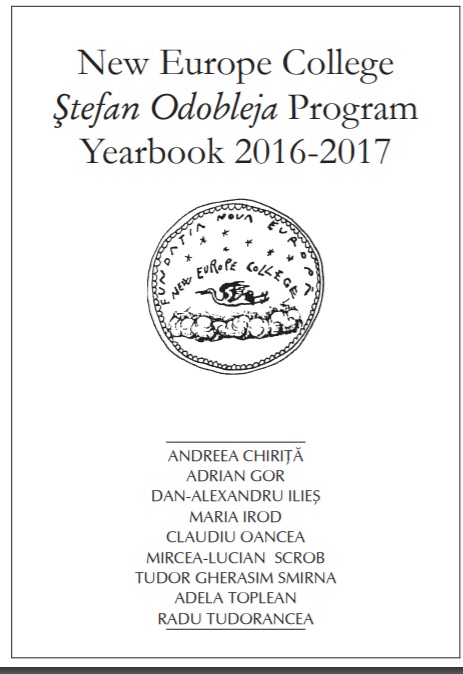DEVELOPMENTS IN FOOD CONSUMPTION IN SOCIALIST ROMANIA DURING THE 1960s AND 1970s:
IMPLICATIONS FOR A REEVALUATION OF CONSUMERS’ EXPERIENCES UNDER SOCIALISM
DEVELOPMENTS IN FOOD CONSUMPTION IN SOCIALIST ROMANIA DURING THE 1960s AND 1970s:
IMPLICATIONS FOR A REEVALUATION OF CONSUMERS’ EXPERIENCES UNDER SOCIALISM
Author(s): Mircea-Lucian SCROBSubject(s): History
Published by: NEW EUROPE COLLEGE - Institute for Advanced Studies
Keywords: Food Consumption under Socialism; Dietary Transition; Rural Development; Everyday Life in Socialist Romania
Summary/Abstract: The topic of food consumption in Socialist Romania and Eastern Europe commonly conjures up images of widespread deprivation: rationing of supplies, frequent queuing, ‘progressive’ public health policies that were actually intended to restrict intake and adulteration of food products. Less adequately discussed in the popular press and in the academic literature remains the dietary transition that began in the 1960s and which transformed the rural and urban diets from a traditional, ‘core’-‘fringe’ type to the modern type characteristic of industrial societies. My article addresses this gap in the literature by analyzing the main developments in rural diets from the 1960s and 1970s along with the rural consumers’ perceptions of these developments from a standard of living perspective. Over and above its contribution to the study of food consumption in 20th century Romania, my analysis contributes to a better understanding of consumers’ experiences under State Socialism given that food consumption, together with housing and clothing, was a key aspect in the rural residents’ conception of ‘the good life’.
Journal: New Europe College Stefan Odobleja Program Yearbook
- Issue Year: 2017
- Issue No: 2016+17
- Page Range: 199-233
- Page Count: 35
- Language: English

